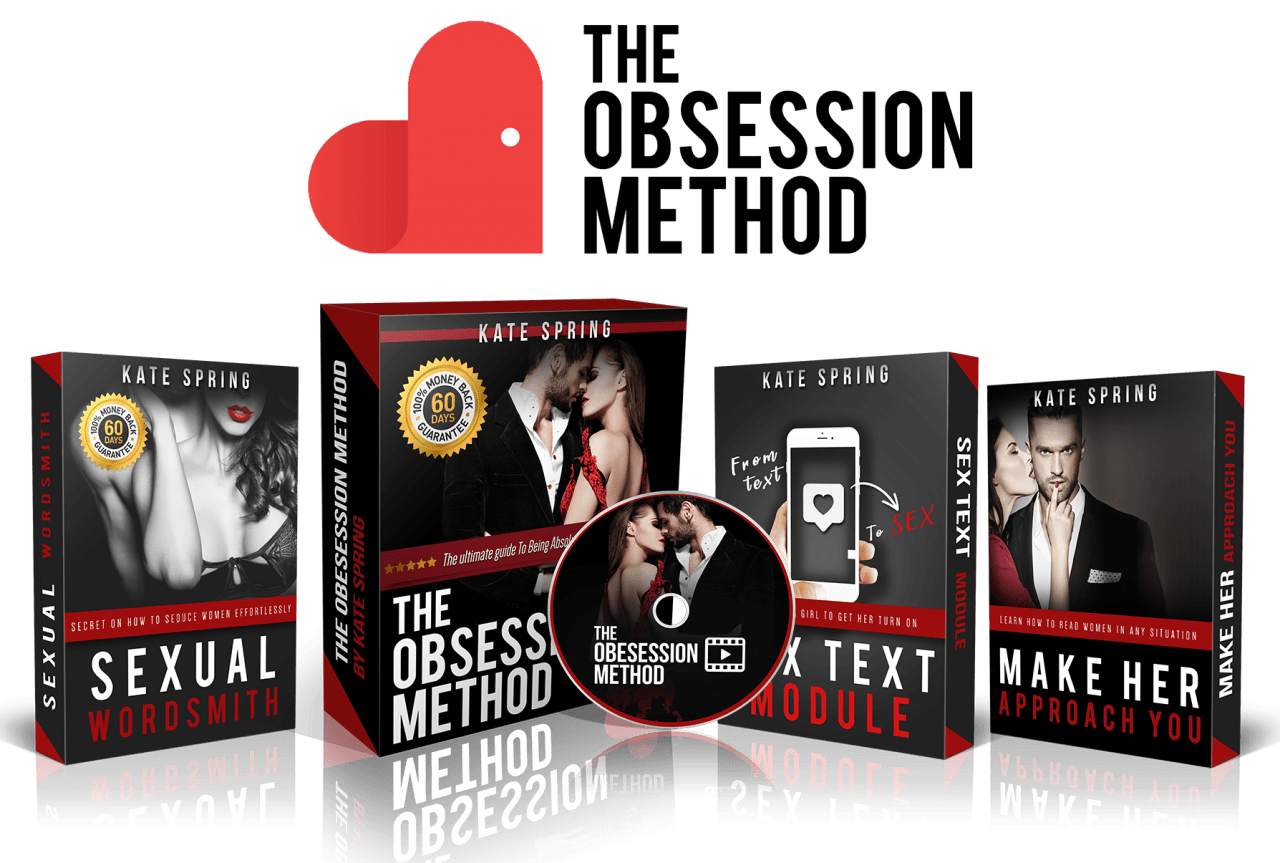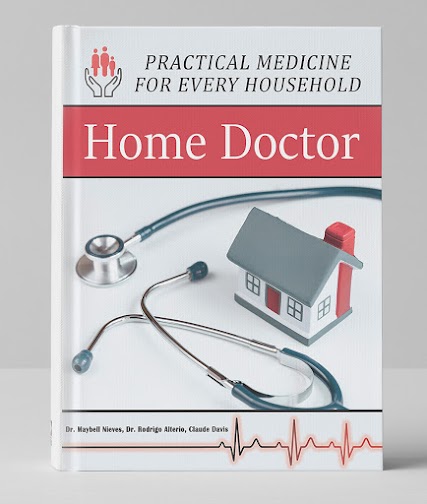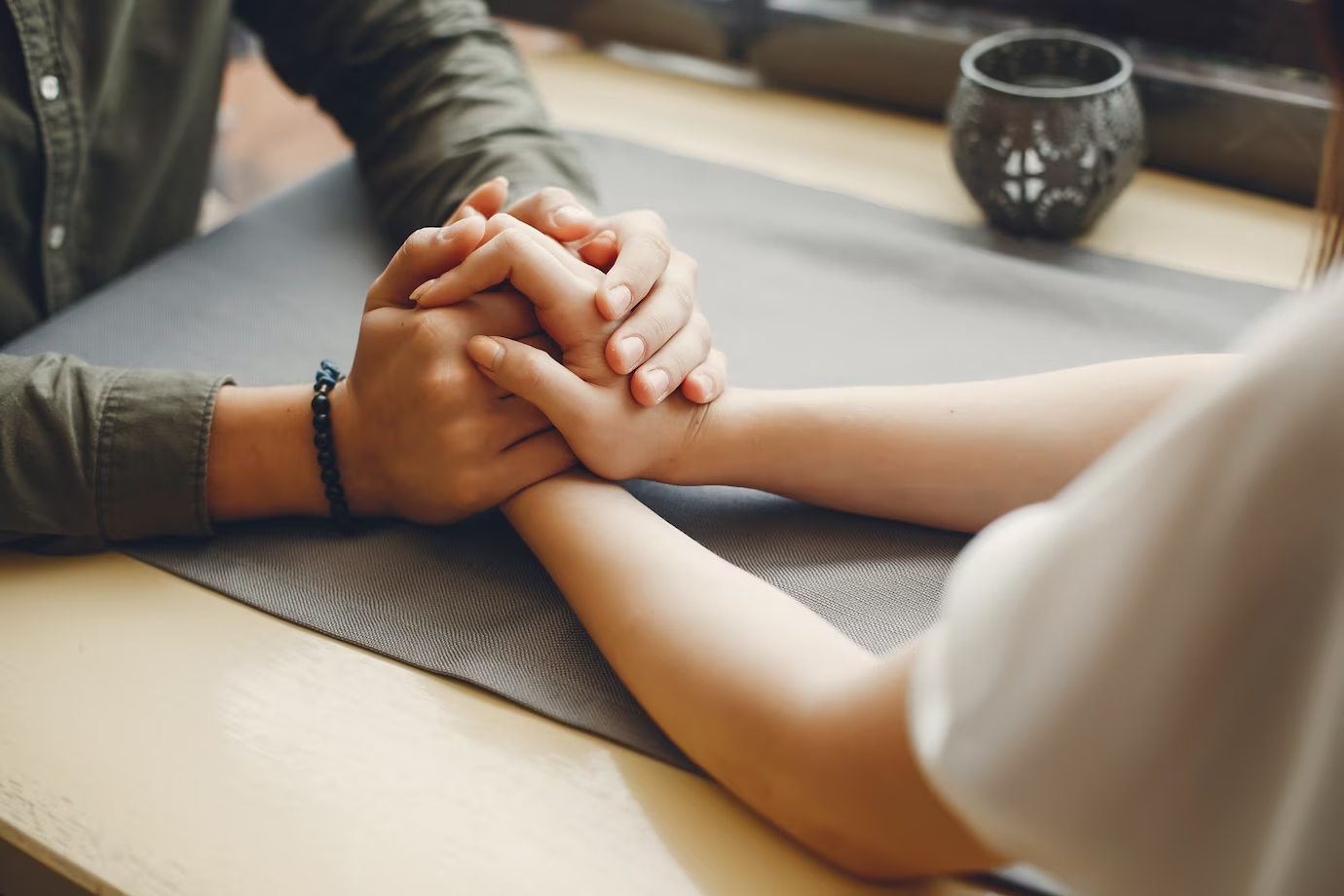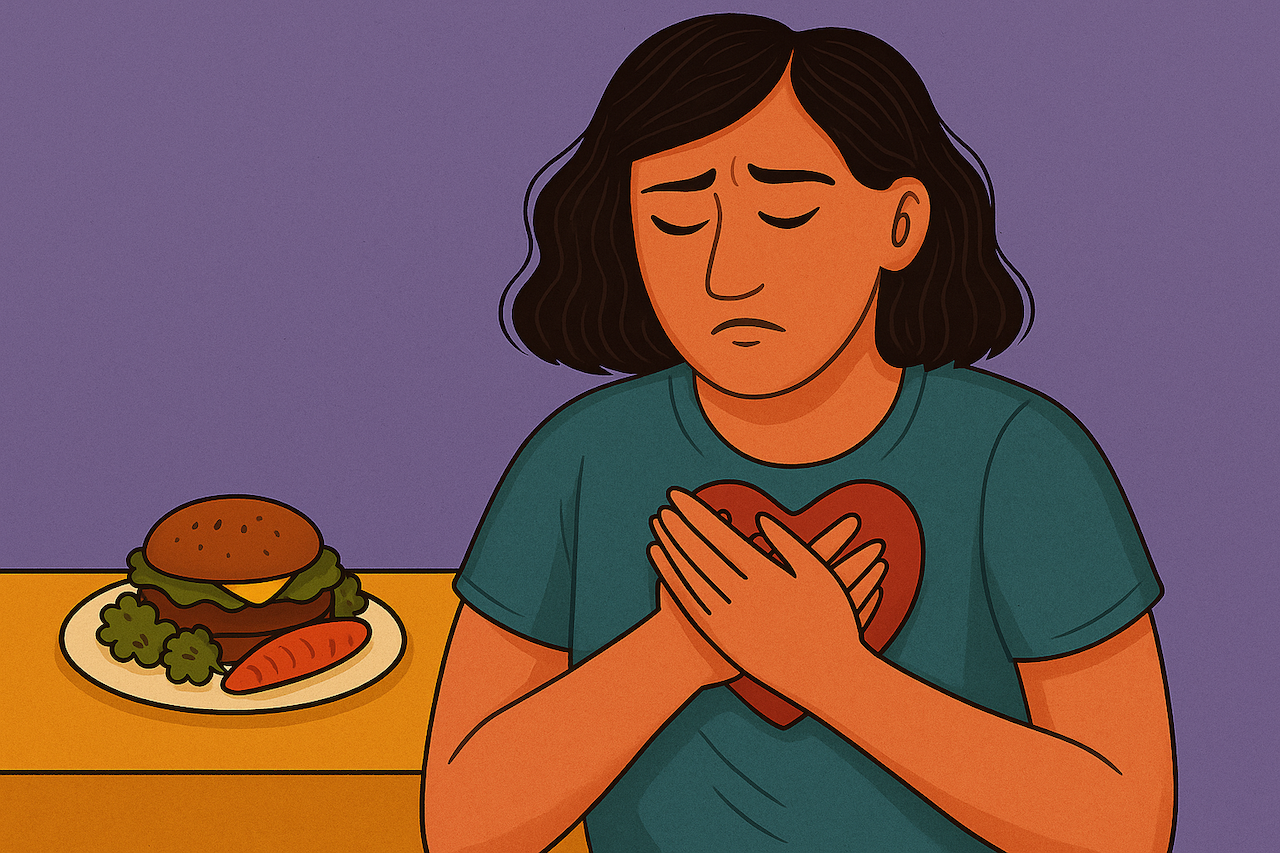I was around five the first time I remember getting in trouble. It was nearing Christmas, and I wasn’t buying into the whole Santa story anymore. A magic man spends all year making toys, then drops down chimneys and delivers them all in one night? Nope. I may have only been five, but I was insulted that people expected me to buy that ridiculous story.
Feeling rather proud of myself for figuring it out, I demanded that my mom tell me the truth. And when she finally admitted Santa wasn’t real, I felt vindicated. But that wasn’t enough. I needed …
I was around five the first time I remember getting in trouble. It was nearing Christmas, and I wasn’t buying into the whole Santa story anymore. A magic man spends all year making toys, then drops down chimneys and delivers them all in one night? Nope. I may have only been five, but I was insulted that people expected me to buy that ridiculous story.
Feeling rather proud of myself for figuring it out, I demanded that my mom tell me the truth. And when she finally admitted Santa wasn’t real, I felt vindicated. But that wasn’t enough. I needed my younger cousins to know the truth, too, so I ran next door and told them.
I don’t remember what I said, but I remember what happened when my aunt found out. I can still picture it. I was sitting on the step between the hallway and my bedroom, cowering against the wall, my aunt kneeling in front of me, furious. “Just because your Christmas is ruined doesn’t mean you have to ruin theirs!” she yelled.
My heart pounded, my face burned, and my belly was sick. I felt like I’d done something unforgivable and like she hated me.
That moment taught me that feeling loved, accepted, and safe meant being good. Because to my body and brain, goodness was the solution to protect me from ever getting in trouble again. If I could just be good enough, maybe I’d never feel that kind of shame, fear, and rejection again.
And once that connection was wired in, it shaped everything. I absorbed what was expected, spoken or unspoken, and adapted myself around it. Safety, it seemed, came from getting everything right. From fitting into someone else’s idea of what it meant to be good.
The fear of being wrong or bad slowly worked its way into every corner of my life: my choices, my words, how I looked, what I ate, what I weighed.
In a society that equates both food choices and thinness with health, and moralizes all of it, the number on the scale wasn’t just about weight. It was about virtue. Worth. Safety.
So, like always, I responded the only way I knew how: I tried as hard as I could. Control became my safety strategy. I micromanaged everything—my body, my food intake, my words… I even attempted to manage other people’s opinions of me—anything to avoid the shame of doing something wrong, or worse, being someone bad.
I tried following every rule: carbs are evil, sugar is poison, ‘clean eating’ is holy. When I slipped, the punishment came from within. Even the smallest misstep triggered the inner voice: What’s wrong with you? Loser. How could you screw up again?
The mirror, the scale, even every food choice measured whether or not I was good, and I felt the verdict deep in my bones.
But safety built on obedience is impossible to sustain, especially when the rules are impossible to follow. Rules I didn’t choose. Handed down by culture, family, coaches, textbooks—rules I was trained to follow, and even trained to teach as a fitness and nutrition expert for many years.
I built a life, a career, an entire identity around those rules. I genuinely believed they were the key to health, success, and self-worth. And I believed discipline and control would earn me health, love, respect, and the freedom from ever being made to feel like that little girl on the steps again.
But treating foods—or entire food groups—as ‘bad’ or ‘off-limits’ is unnatural, unsustainable, and ultimately harmful. All my efforts to ‘be good’ only fed cravings and obsessions that led to restriction, rebellion, overeating, and eventually, binge eating and bulimia.
Even when I looked like the “picture of health,” I was unraveling in every conceivable way. The harder I clung to control, the more I binged. The more I binged, the more ashamed I felt.
Now I know it was never about discipline or failure; it was about survival. A nervous system stuck in overdrive, doing the only thing it knew how to do: escape.
Food was my relief, my rebellion, and my deepest shame all at once. For almost thirty years, I lived at war with food, my body, and myself, and nearly every day ended in feelings of defeat.
By the end of it, my health (physical, mental, and emotional) was an absolute mess. I knew I couldn’t keep it up. And honestly? I didn’t even want to. It wasn’t one dramati
Recommended Story For You :

Discover the Obsession Method and Transform Your Relationships

Unveiling the Secrets to Rekindle Your Relationship and Get Your Girlfriend Back

Unlocking the Secrets of Water Harvesters for Sustainable Solutions

Your Trusted Guide to Practical Medicine for Every Household

Discover the Obsession Formula for Magnetic Connections

Transforming a Connection into a Lasting Relationship with One Simple Move

The High Output Pocket Farm – Cultivating Life amidst Desert War Zones

EVERYTHING IS HAPPENING THE EXACT TIME AND IN THE EXACT ORDER


Leave a Reply